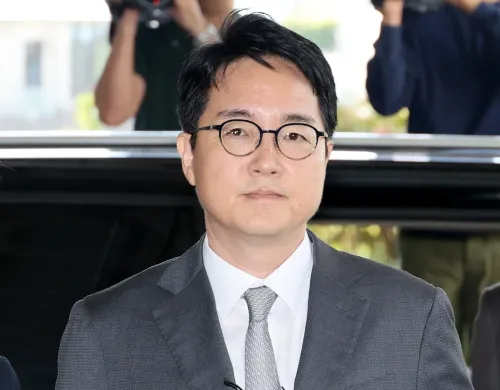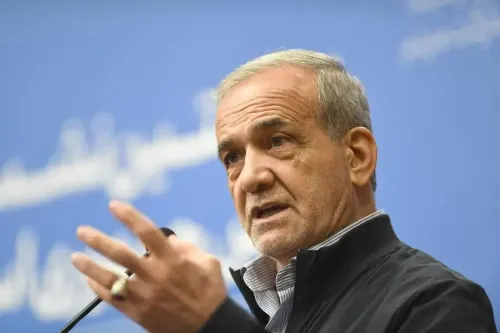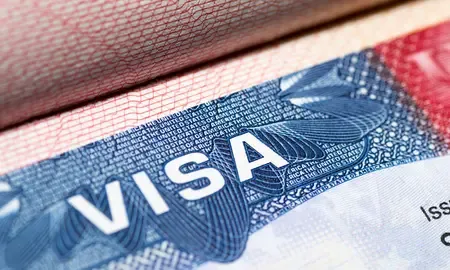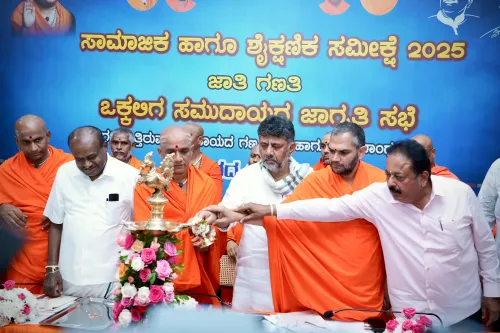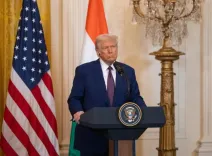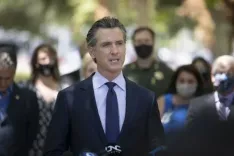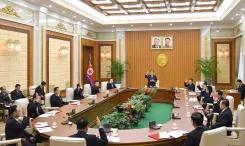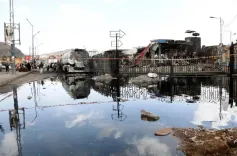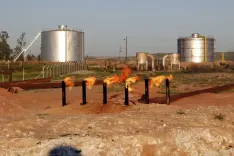Will PM Modi Intervene to Deport Illegal Immigrants from Tripura?
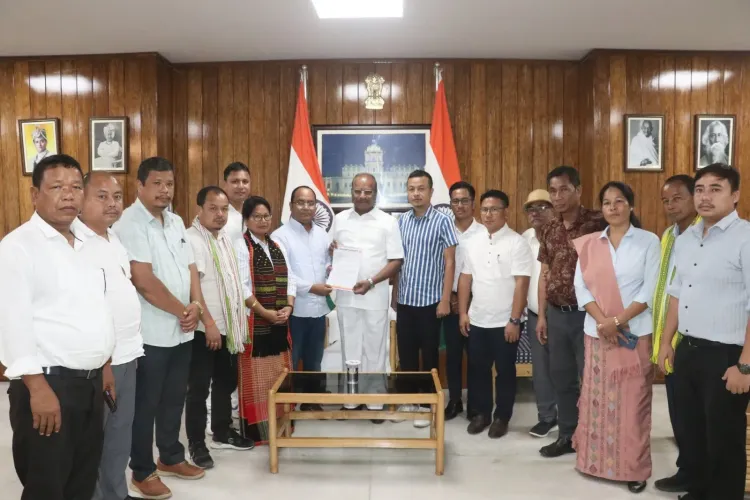
Synopsis
Key Takeaways
- Tipra Motha Party demands intervention from PM Modi.
- Concerns over illegal Bangladeshi and Rohingya immigrants.
- Indira-Mujib accord defines illegal settlers.
- Protests highlight urgency for government action.
- Mobile Task Force urged to take proactive measures.
Agartala, June 15 (NationPress) The Tipra Motha Party (TMP), a tribal-oriented political group allied with the ruling BJP, has called for Prime Minister Narendra Modi's intervention to recognize and expel all illegal Bangladeshi immigrants residing in Tripura back to their home country.
Under the leadership of former royal scion Pradyot Bikram Manikya Debbarma, the TMP has frequently organized protests and demonstrations urging the government to take swift action against illegal migrants, particularly those from Bangladesh and Rohingyas.
Senior TMP member Animesh Debbarma, who also serves as the state's Minister for Forest, Environment, Science, and Technology, stated that the Ministry of Home Affairs (MHA) recently instructed all states, especially those bordering other nations, to identify and deport illegal foreign nationals.
“According to the Indira-Mujib accord, anyone who arrived in India after March 24, 1971, is considered an illegal settler. There are numerous individuals in Tripura who have come after that date and are unlawfully residing in the state,” the tribal leader informed IANS.
A 15-member delegation from the TMP, led by Debbarma, met with Tripura Governor Indra Sena Reddy Nallu this past Saturday at the Raj Bhavan, where they submitted a memorandum requesting the Prime Minister's prompt action to send illegal infiltrators back to Bangladesh and other nations. Debbarma further proposed that the Central government could deploy a task force to tackle the infiltration problem.
He voiced concerns regarding the shifting demographic landscape in Tripura, asserting, “We cannot permit illegal infiltrators to remain in the state unlawfully.” Quoting government data, Debbarma noted that Tripura has welcomed 609,000 individuals who migrated from Bangladesh for various reasons during the 1971 Bangladesh Liberation War. He emphasized that the Mobile Task Force (MTF) unit of Tripura Police should take more initiative in identifying and deporting illegal foreign nationals.
Additionally, the MHA, in its directives issued on May 19, has urged all state governments and union territories to form Special Task Forces (STFs) in each district to identify and deport illegal Bangladeshi and Rohingya migrants within a 30-day timeframe. This directive from the MHA, prompted by the tragic Pahalgam terror attack on April 22 that resulted in 26 fatalities, has granted state governments the autonomy to execute operations in coordination with central agencies.

